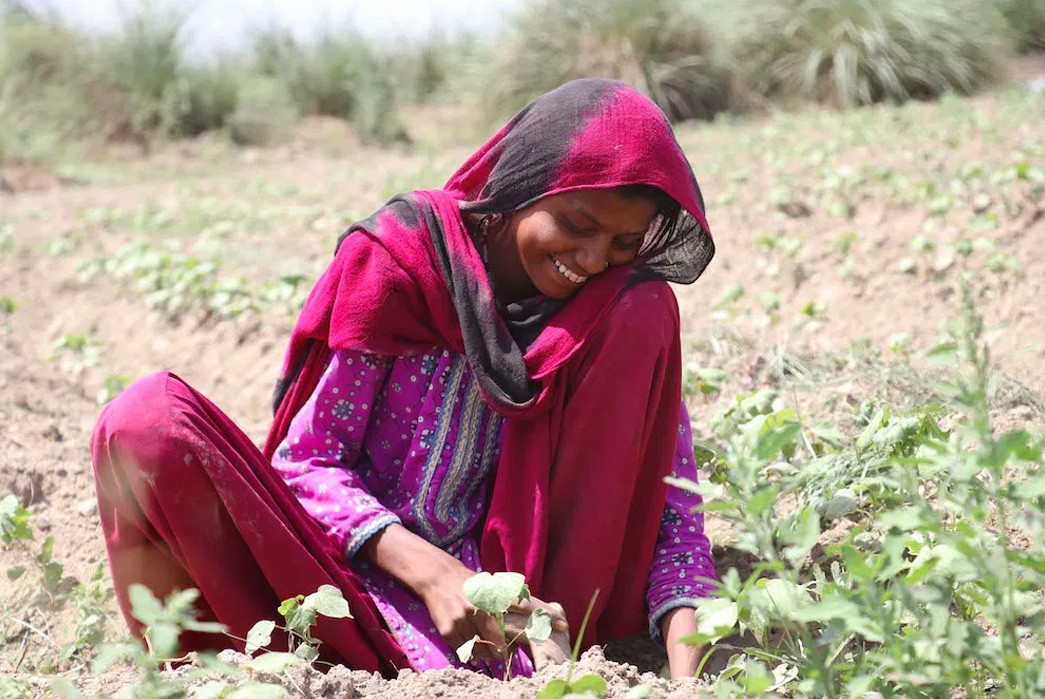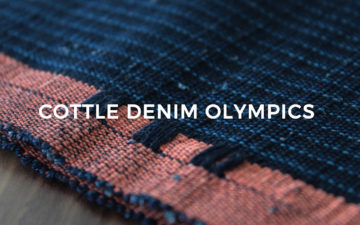
Denim producer Soorty’s vertical integration just got a little bit taller with their first foray into cotton farming. The Soorty Organic Cotton Initiative (SOCI) is a partnership between the Karachi-based manufacturer, the Pakistan division of the World Wildlife Fund, the Balochistan Department of Agricultural Extension, and with input and advisement from the Laudes Foundation.
They’re kicking off the project in the small town of Nall in southern Pakistan, an isolated area with minimal government services for education, health, and other utilities. It’s their hope that the SOCI project of converting much of the area to organic cotton farmland will not only provide Soorty with their own source of cotton but also improve the quality of life for the people of Nall.
Director Asad Soorty explains, “SOCI goes beyond just cultivating organic cotton. It is about uplifting the farming families of this region through higher income, better schooling and access to professional health services. It’s about transforming cotton buying, by creating a blockchain-based transparent digital marketplace and traceability mechanism.”
Senior Director of WWF-Pakistan Dr. Masood Arshad is similarly confident, “This collaboration will scale up organic cotton cultivation, which will improve livelihoods of underprivileged farming communities and meet the demand of the industry. The partnership will accelerate organic cotton cultivation & will be a model for other local textile entities as well as international brands.”
Having a traceable source of cotton is extremely important for a producer like Soorty, as a significant portion of the world’s cotton supply has been connected to forced and child labor. Connecting their production to a known source ensures that the cotton Soorty uses meets their ethical standards. They also plan to use a blockchain based verification system to test the cotton to ensure that it is indeed organic, as only 1% of the world’s cotton supply is organic and some less reputable growers often try to pass their conventionally produced cotton as organic.
Over the course of four years, SOCI aims to cultivate 7,000 acres of farmland to produce 6,000 metric tons of usable organic cotton lint, or enough to make nearly 10 million pairs of jeans. Their plans for the people in the area are just as ambitious. In the first couple of years, they hope to make big strides in energy and water stability, after which they plan to invest in maternal health and early childhood education.
Things are just getting started, so we’ll be sure to follow up as the SOCI program develops.






